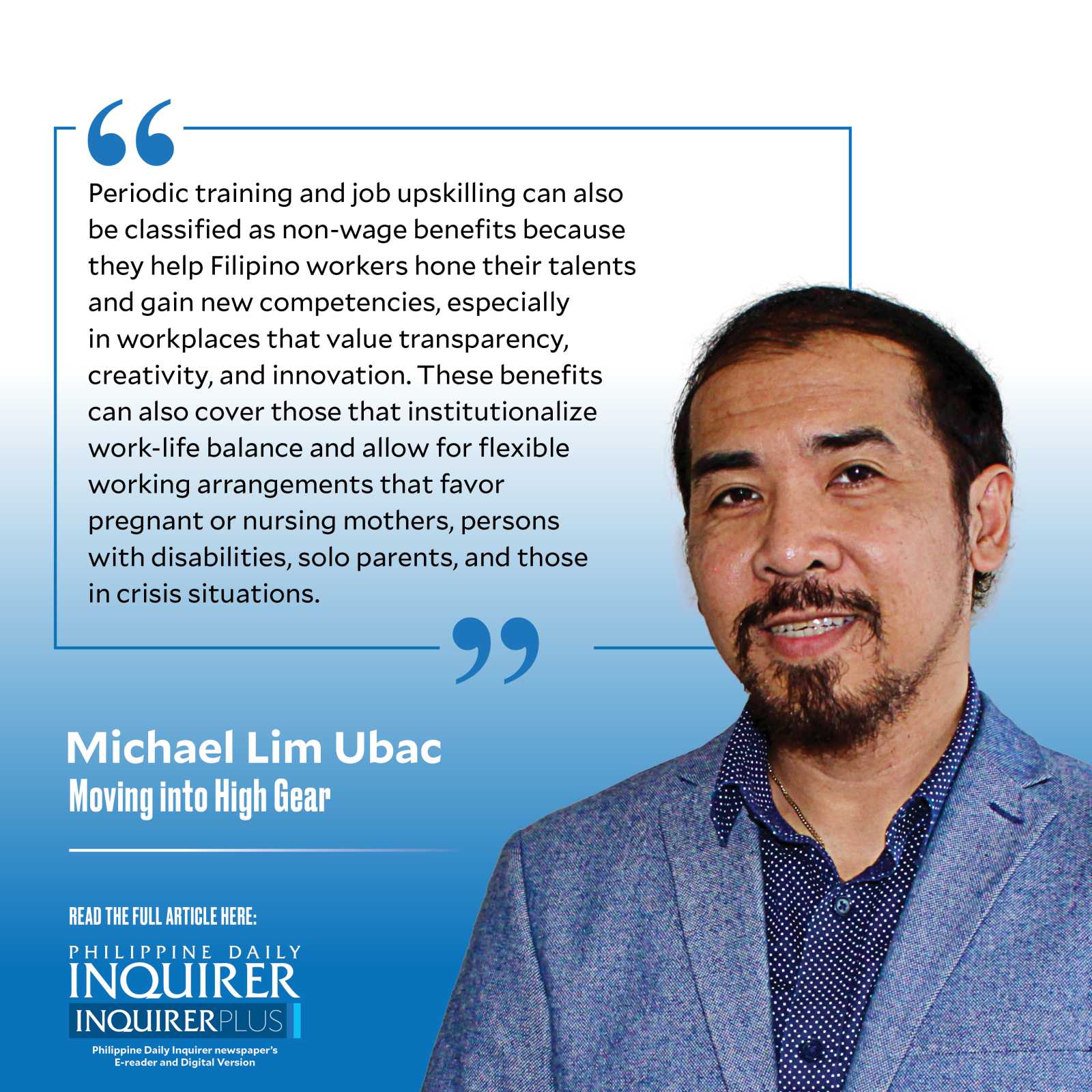
There was one piece of good news last week, but it was drowned out by the usual political noise and gossip about the latest showbiz split.
The unemployment rate dropped significantly to only 3.1 percent in December 2023, resulting in an estimated 1.60 million unemployed persons for the last month of 2023. This figure is down from 1.83 million in November (3.6 percent) and is lower than the number of unemployed in December 2022, which reached 2.22 million (4.3 percent).
According to the government, the number of unemployed individuals dropped by about 617,000 year-on-year, making this the lowest number in almost two decades. December 2023 saw a 96.9 percent employment rate.
The Philippine Statistics Authority (PSA), which conducts the nationwide Labor Force Survey (LFS) monthly, spotted the decreasing unemployment starting in 2021 (7.8 percent versus 10.3 percent in 2020). In 2022, it dropped to 5.4 percent. (You can access the survey results at http://tinyurl.com/4ffzkdhe).
Reflecting on this good news is important, as well as celebrating it.
The figures tell a different story, an upbeat one, when seen against the backdrop of pessimism that has engulfed us at the beginning of this year amid the five-week oil price hikes. However, while unemployment was going down, underemployment was also going up—11.9 percent in December 2023 from 11.7 percent in November 2023. Last December’s total employed persons (50.52 million) were dominated by wage and salary workers, who made up 62.7 percent of the total.
Non-wage benefits. But LFS doesn’t cover the non-wage benefits given to employed workers. It would be interesting if the PSA (or a separate agency) expanded its LFS questionnaire to also include the quality of non-wage benefits. These are benefits that Filipino workers receive on top of their basic salary and government-mandated employee benefits.
Non-wage benefits should not be restricted to medical insurance, bereavement aid, financial assistance, and de minimis benefits, which are nontaxable benefits like the conversion of unused leave credits.
Periodic training and job upskilling can also be classified as non-wage benefits because they help Filipino workers hone their talents and gain new competencies, especially in workplaces that value transparency, creativity, and innovation. These benefits can also cover those that institutionalize work-life balance and allow for flexible working arrangements that favor pregnant or nursing mothers, persons with disabilities, solo parents, and those in crisis situations.
Even providing a shuttle service for commuter workers or a daycare room can boost employee morale and improve productivity, which would redound to the benefit of society.
The need to capture information on non-wage benefits is necessary not only because the data from the LFS survey guides our policies and programs toward achieving gainful employment and improving workers’ welfare. Importantly, it can decrease the tension caused by the prevalent notion of separating vocation from work because non-wage compensation takes into account other aspects of life, which in turn promotes holistic living.
Secular-Sacred divide. The divide between secular and sacred has been a constant in history.
In the medieval era, there was a separation between the contemplative life and active work that separated the act of loving God from loving others. The former was considered a vocation or sacred work that was only available to members of the monastic order. But the Protestant Reformers preached against this view, universalizing vocation to be embraced by even those doing everyday work, according to Diane Chandler in her book “Christian Spiritual Formation” (2014).
Both John Calvin and Pope Leo XIII (through the latter’s encyclical, “Rerum Novarum,” which means “On the New Things”) upheld the dignity of human labor. The pope defended the oppression of workers but rejected the abolition of private property. He also maintained the dichotomy, valuing secular jobs for their economic importance (supporting one’s family, for instance), and “not as a calling in itself,” said William Placher in “Callings: Twenty Centuries of Christian Wisdom on Vocation” (2005).
In “Laborem Exercens” (On Human Work), Pope John Paul upheld the “dignity and spirituality of human work,” Chandler said, while Placher referenced Dorothy Sayers as saying that “work is a vocation for which we are called.”
All this to say is that the more we bifurcate our work and vocational calling, the less we will be able to appreciate the unity of our personhood. Following a capitalistic worldview, work is equated with what we get out of it rather than what we contribute to the common good. Sayers reminds us that “our work is the expression of ourselves,” and it is our duty “to see to it that the work serves God, and that the worker serves the work.”
—————-
For comments: lim.mike04@gmail.com; @umichaell

